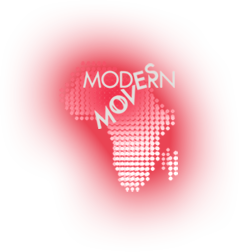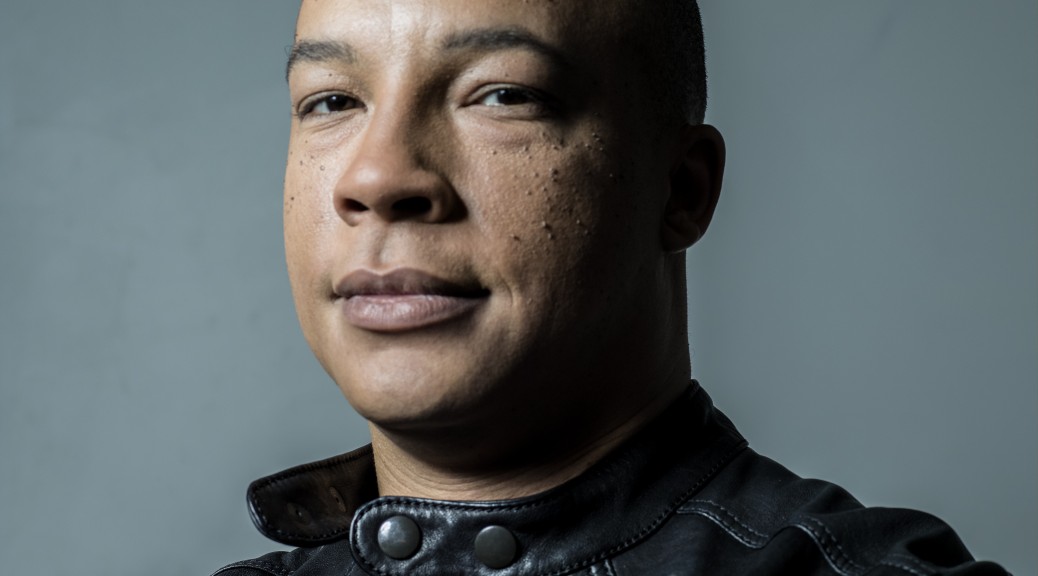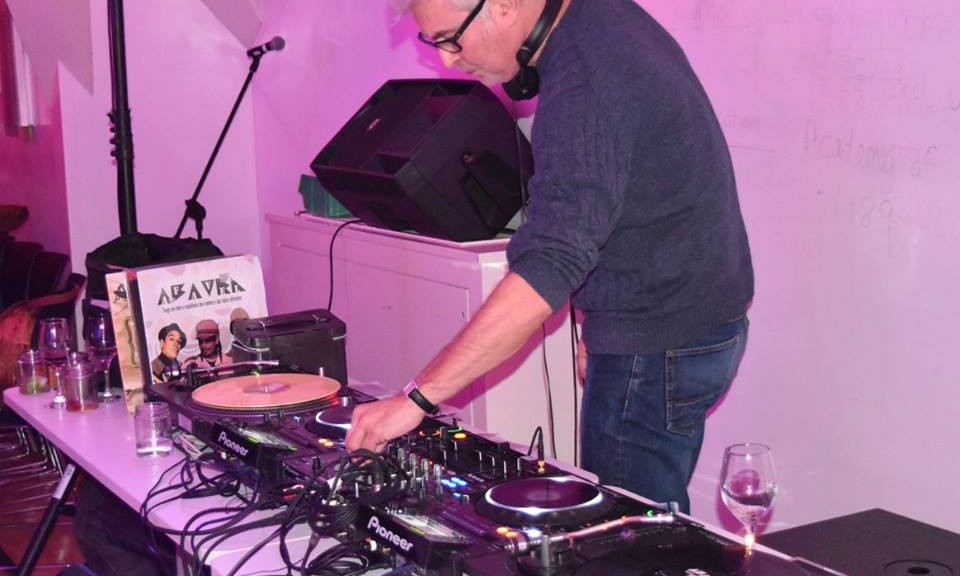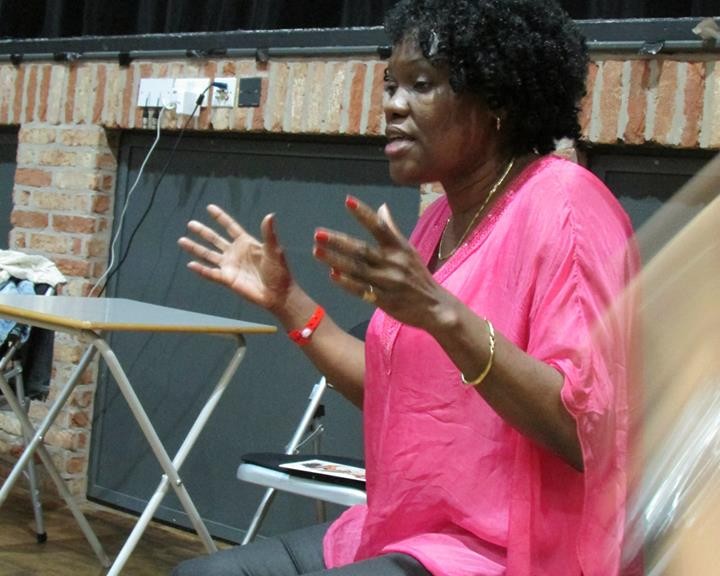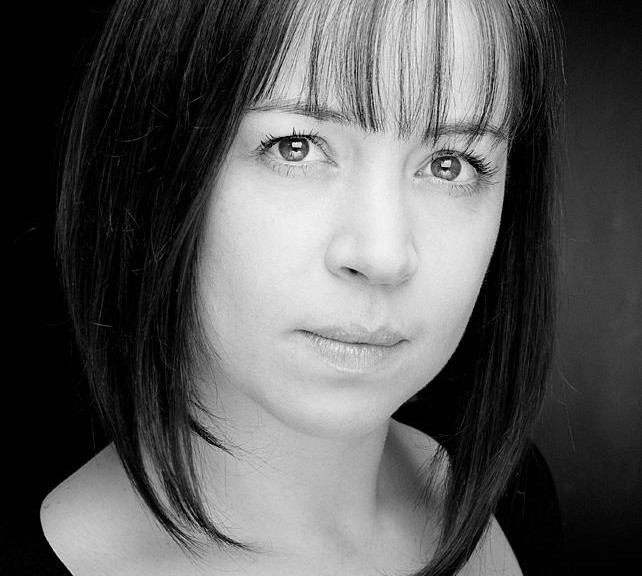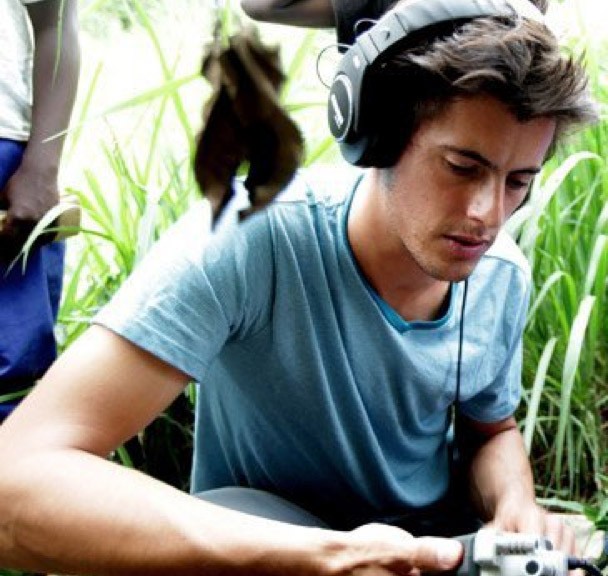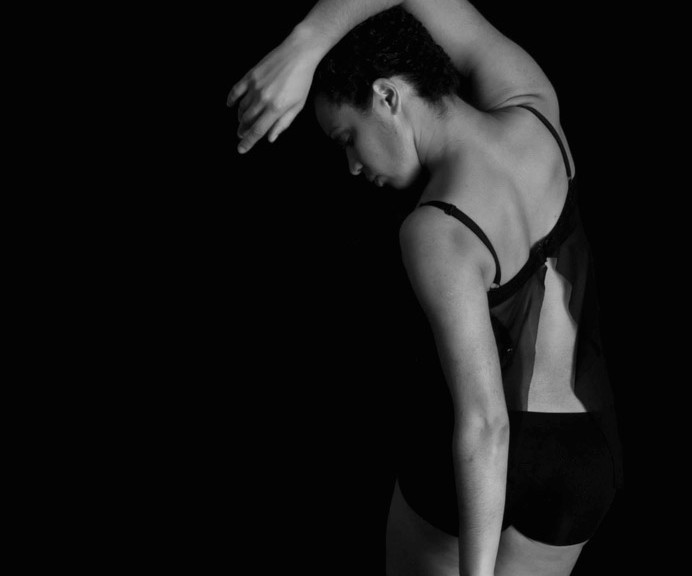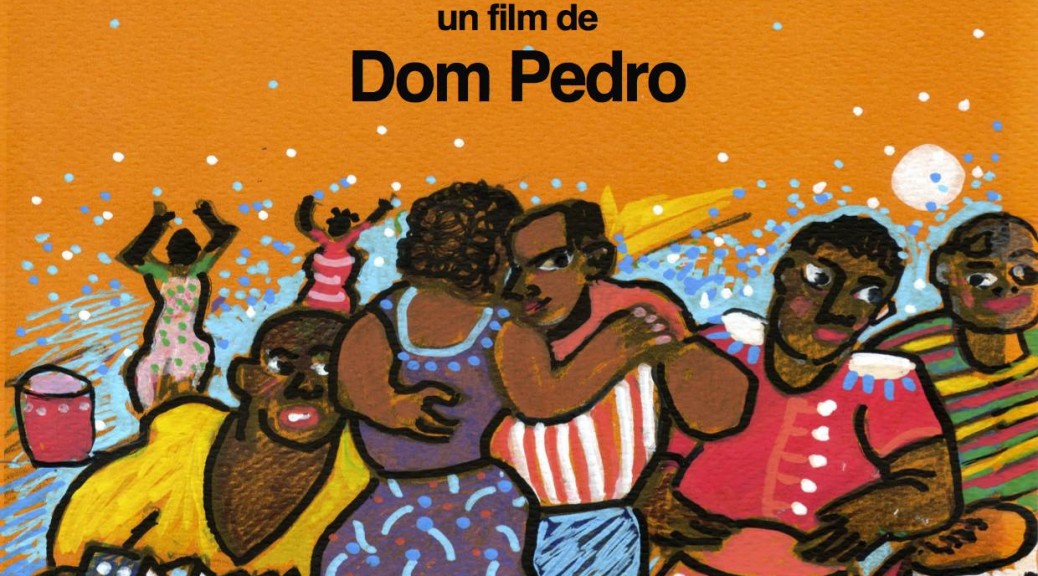Jakari Sherman is a passionate choreographer, ethnochoreologist, and performer who experience extends over 20 years. Rooted in the African American tradition of stepping, his work has sought to push the boundaries of percussive dance as a communicative medium by challenging conventional paradigms and exploring the use of technology, storytelling, and diverse musical scores.
Servind as the Artistic Director of Step Africa!, he has brought new life to the folkloric tradition of stepping locally and across the globe. Under his creative guide, the company has won awards for Excellence in an Artistic Discipline, Innovation in the Arts, and Outstanding New Work.
Jakari has also received Metro DC Dance Awards for Outstanding Emerging Choreographer and Excellence in Sound Design and Original Composition. For three years he served on the faculty of Chicago Human Rhythm Project’s Rhythm World, and has performed and taught all across the country and throughout the world.
Jakari got his start performing and coaching for champion competitive teams, and launched his professional career as the Founding Director of the National Basketball Association’s first permanent step ensemble. He is also Founder of Ordered Steps, a Houston-based nonprofit devoted to teaching stepping as a tool of youth outreach and community development
Jakari has received a Mater of Arts in Ethnochoreology from the Irish World Academy of Music and Dance at the University of Limerick. Throughout his studies and research, he is undertaking groundbreaking ethnographic work related to structural analysis, teaching methodologies, and historical archiving of steppingi n the United States. As an ethnochoreologist, he seeks to blend performance, research, and community engagement through performative ethnography and applied ethnochoreology.
Jakari is a member of the Congress on Research in Dance and the International Council on Traditional Music, and has lectured on stepping throughout the world, including Greece, Kazakhstan, the UK and Belgium.

